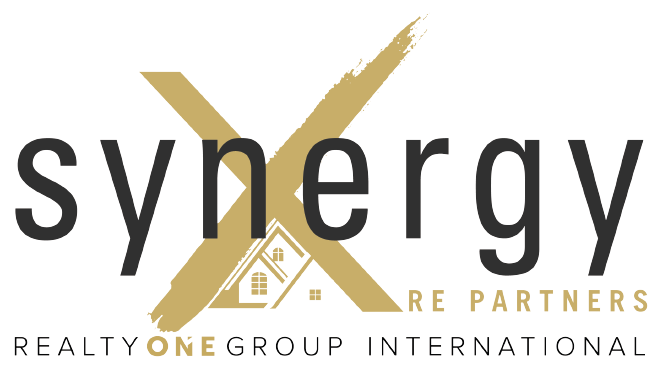
Both experienced and first-time home buyers need to be fully aware of the significance that Escrow has in the closing process. Regardless of whether you’re buying an investment property or a residential one, it will play a key role. Since escrow provides essential protection, it is important to understand the key facets. All homebuyers and home sellers should know what the escrow process entails, and their specific responsibilities. It is the job of a real estate agent to ensure that their client fully understands what is expected. Synergy Real Estate Partners make the escrow process transparent and easy to understand. Here are the key fundamentals that you should know.
Essentially escrow is where a third-party manages the financial transaction between the buyer and seller. It provides protection of the funds for both of these parties. This third party holds the funds until certain obligations are met. The selling of real estate involves a huge financial transaction, and an impartial third party provides reassurance and can act as a mediator in case there are any issues.
Who Does What?
The Escrow Officer
- Receive signed Purchase Contract; prepare escrow instructions
- Receive and deposit buyer’s earnest money into an escrow account
- Serve as the neutral agent and liaison communication link to all parties to the transaction
- Order Title Commitment to determine status of title to propery
- Request beneficiary’s statement or pay-off demand related to existing financing
- Comply with londer’s requirements as specified in the lender’s instructions to escrow
- Secure releasee of all escrow contingencies or other conditions required
- Request the ttle insurance policy
- Prepare or secure the transtor deed or other documents necessary to complete the transaction
- Arrange appointments for buyer/seller to sign documents
- Request and receive purchase funds from the buyer and loan funds from new lender
- Distribute funds as authorized by the instructions supplied by the seller, buyer, and lender, including charges for tle insurance, recording fees, real estate commissions and loan payots
- Close escrow pursuant to instructions provided by seller, buyer and londor
- Record the deed and any other documents
| The Seller: |
|
| The Buyers: |
|
| The Lender (if applicable): |
|
Escrow is usually a requirement for mortgages, and it will usually need to be in place before home inspections and disclosures are completed. Once these checks are completed, and both the buyer/seller are satisfied, the funds can be released and the transaction can be completed. There will usually be a closing date within the escrow agreement. The funds are kept safe in an escrow account, and these are released once the agreement is complete.
The process tends to last around 30 days, and a small percentage of the final sales price will be kept in the escrow account. Interest is not a specific requirement of an escrow account, however some banks holding escrow accounts will apply interest.
The process is known as “being in escrow.” The account is used to pay any outstanding property taxes and home insurance charges. The process is relatively simple, but issues can come up, which means it is vital to have an experienced real estate agent at your side. They should be able to communicate with you throughout the process. The fees for an escrow account tend to be around 1% of the final sale price. It can be negotiated whether the buyer or seller pays this fee, and there is also the option to split it between both parties.
In the escrow process, both the lender and the real estate agent will be involved, which makes it important to choose experienced professionals. A good real estate agent will be able to explain the steps clearly so that you are able to understand all of the specific obligations and responsibilities.
You will now have a clear idea of the key fundamentals involving the escrow process. When buying or selling investment property, it is vital to have a knowledgeable real estate agent that has a track record of previous sales history. Their expertise will come in handy when dealing with the escrow process, and they will be able to resolve any potential legal issues. Synergy Real Estate Partners work with clients on a personal basis which means that you can always rely on us for an outstanding service. Contact us on 480.581.1011.


